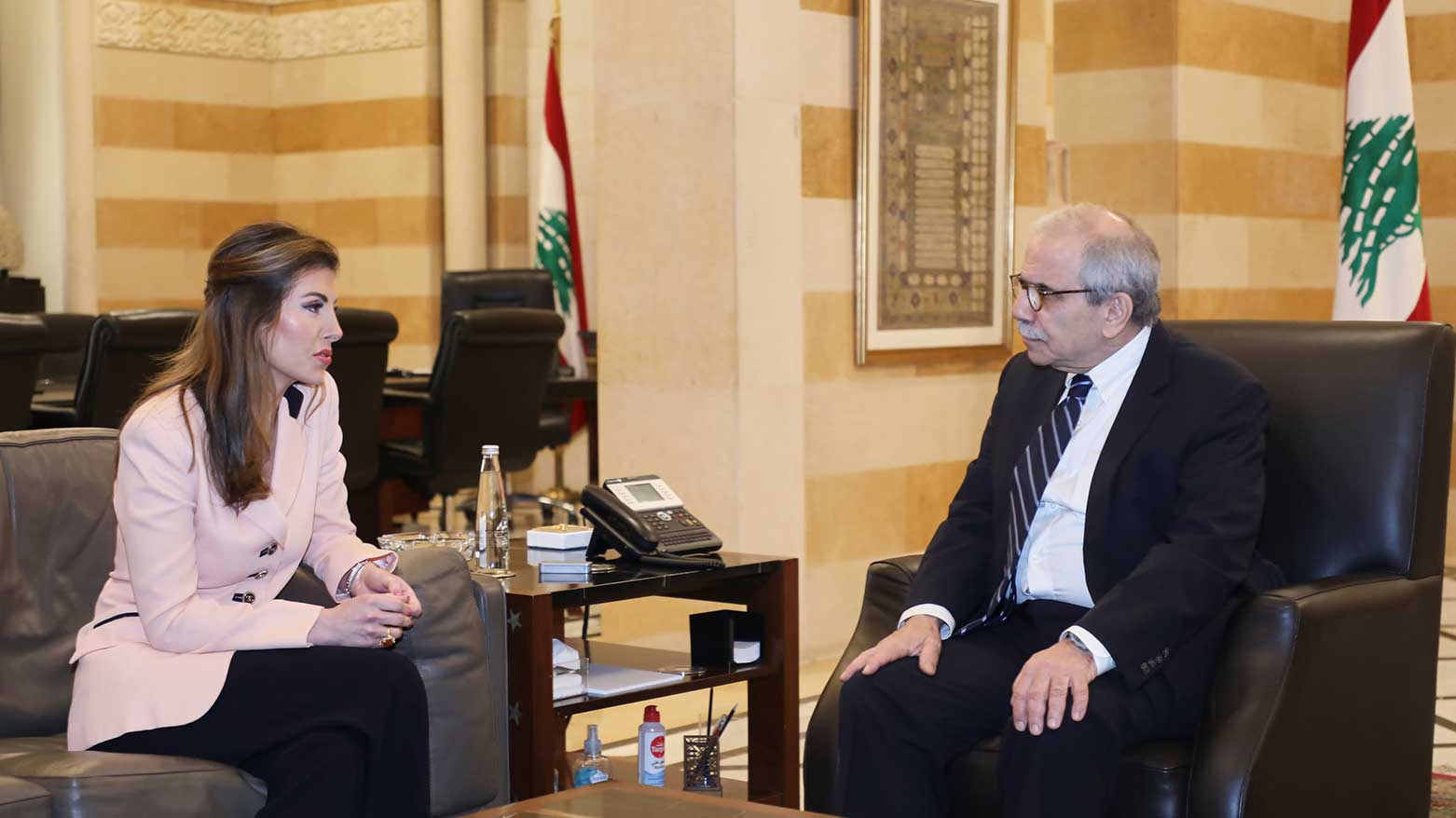U.S. Envoy Urges Swift Disarmament of Hezbollah Amid Rising Tensions with Israel
“It’s clear that Hezbollah has to be disarmed,” Ortagus said. “Israel is not going to accept terrorists shooting at them... That’s a position we understand.”

ERBIL (Kurdeistan24) – In a strong and unequivocal statement, U.S. envoy Morgan Ortagus has called for the immediate disarmament of Hezbollah and all armed militias in Lebanon, underscoring Washington’s growing concerns over escalating cross-border violence and the fragility of the current ceasefire with Israel.
In an interview broadcast Sunday by Lebanese network LBCI, Ortagus stated that the Lebanese Armed Forces (LAF) are expected to take swift action to remove unauthorized weapons and dismantle militia infrastructure, emphasizing that this is key to restoring stability and sovereignty across Lebanon.
“It’s clear that Hezbollah has to be disarmed,” Ortagus said. “Israel is not going to accept terrorists shooting at them... That’s a position we understand.”
Her remarks came at the conclusion of a three-day diplomatic mission to Beirut, during which she held high-level talks with Lebanese President Joseph Aoun, Prime Minister Nawaf Salam, Parliament Speaker Nabih Berri, and other political leaders.
While she did not specify an exact timeline for the disarmament, Ortagus was emphatic about the urgency of the matter:
“As soon as possible. There’s not necessarily a timetable, but the sooner the LAF is able to meet these goals, the sooner the Lebanese people can be free.”
A Fragile Peace Under Fire
Ortagus’ comments come against a backdrop of mounting military confrontations between Israel and Hezbollah — the Iran-backed armed group that has entrenched itself as a dominant political and military force in Lebanon since the early 1980s.
In recent weeks, Israeli airstrikes have intensified, targeting alleged Hezbollah weapons depots and operatives, including strikes on Beirut’s southern suburbs — a stronghold of the group. Meanwhile, rockets fired from Lebanese territory into northern Israel have sparked fears of a broader conflict, although Hezbollah has denied responsibility for the attacks.
The surge in hostilities has placed immense strain on a delicate ceasefire agreement established in November, which ended more than a year of sporadic clashes. That truce, brokered under international pressure, mandated the LAF to dismantle all militia military positions and confiscate unauthorized arms, particularly in South Lebanon, long considered Hezbollah’s heartland.
According to security sources cited by Reuters, Lebanese troops have since destroyed hundreds of weapons caches in the region — a rare show of enforcement in a country often paralyzed by political fragmentation and sectarian interests.
Hezbollah Rejects Disarmament
Despite mounting pressure, Hezbollah has fiercely resisted calls to relinquish its arsenal, arguing that the ceasefire applies only to southern Lebanon and that Israel has violated the truce through continued aerial incursions and its military presence in five hilltop positions in Lebanese territory.
The group portrays itself as a legitimate resistance force against Israeli aggression, a narrative that resonates deeply with many in Lebanon’s Shiite community. However, critics warn that Hezbollah’s parallel military structure undermines state authority and jeopardizes national sovereignty.
U.S. Push for State Monopoly on Force
Ortagus’ visit signals a renewed U.S. diplomatic push to empower Lebanon’s state institutions, particularly the LAF, and to curtail Iran’s influence in the Levant through Hezbollah and other proxy groups. Her clear messaging aligns with long-standing American policy that militias must not operate independently within sovereign states.
“We continue to press this government to fully fulfill the cessation of hostilities — and that includes disarming Hezbollah and all militias,” she reiterated.
The U.S. has long been a major supporter of the Lebanese Armed Forces, providing military aid and training. However, the success of Ortagus’ call for disarmament will depend not only on political will in Beirut but also on the ability of the Lebanese state to assert control in areas long governed by sectarian power dynamics and militia influence.
As Lebanon grapples with a crippling economic crisis, political gridlock, and rising regional tensions, the question of Hezbollah’s arms remains a central and volatile fault line — one that could determine the country’s trajectory for years to come.
